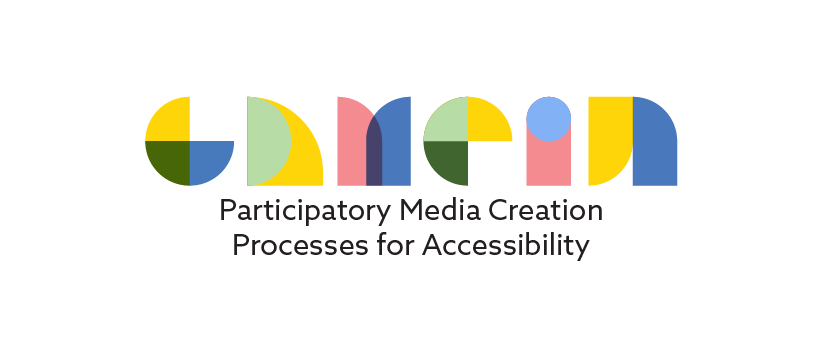Augmentative and Alternative Communication Assessment: Considerations for Autistic Children Who Are Beginning Communicators
May Agius – Department of Communication Therapy, Faculty of Health Sciences, University of Malta [ORCID: https://orcid.org/0000-0003-2719-7301]
Abstract
The overall goal of this chapter is to provide some considerations for augmentative and alternative communication (AAC) assessment which could improve AAC protocols for autistic children. This is considered important as improved AAC assessment protocols could lead to improved overall AAC outcomes. A brief overview of augmentative and alternative communication (AAC) and its relevance for autistic children who are beginning communicators is provided. An overview of the AAC assessment process focussing on the Participation Model as the framework is discussed. The inclusion of sensory processing as part of the AAC assessment process is considered as a means of improving AAC assessment protocols for autistic children. Relevant research which has described the sensory processing characteristics of the participants is presented for consideration.
Keywords: AAC; Autism; AAC Assessment; Sensory Processing; Child Characteristics.
Cite as: Agius, M. (2023). Augmentative and Alternative Communication Assessment: Considerations for Autistic Children Who Are Beginning Communicators. In C. Sousa, & A.H. Tkaczyk (Eds.), Media Literacy and Assistive Technologies for Empowerment in Autism (pp. 85-94). Edições Universitárias Lusófonas. https://www.doi.org/10.24140/asdigital.v1.p02.03
